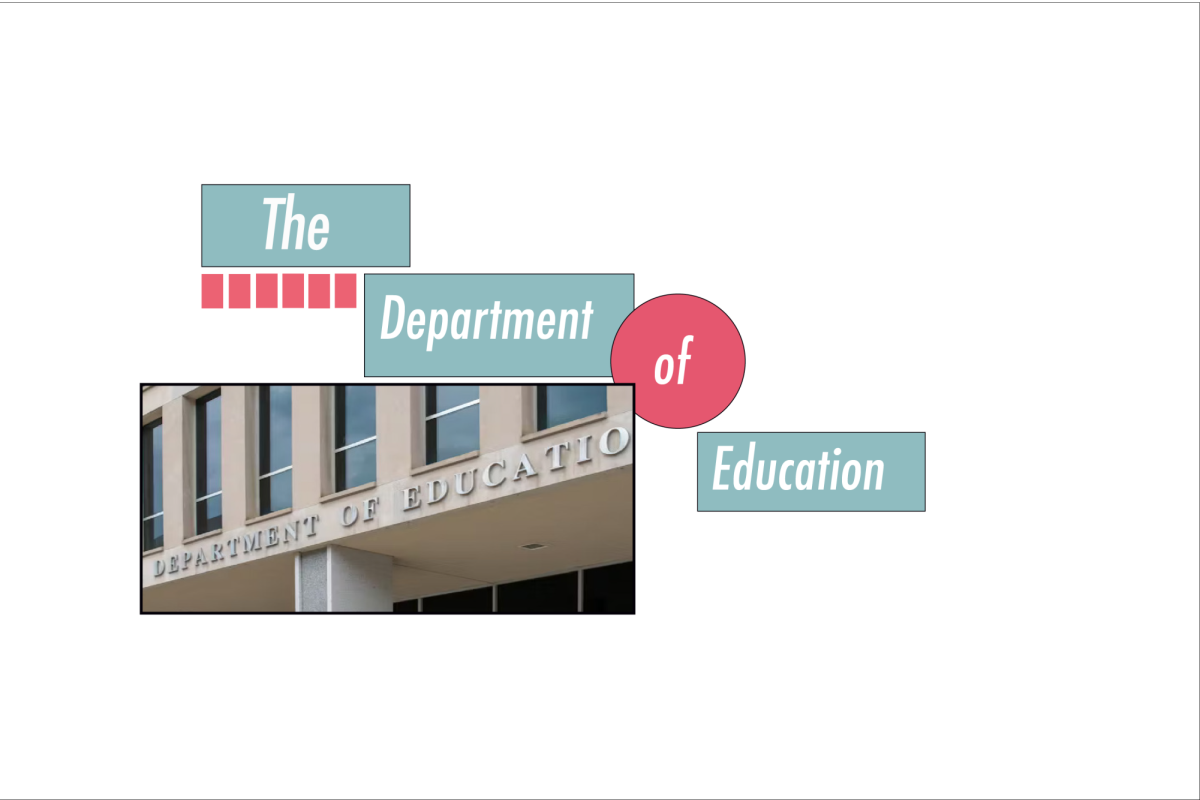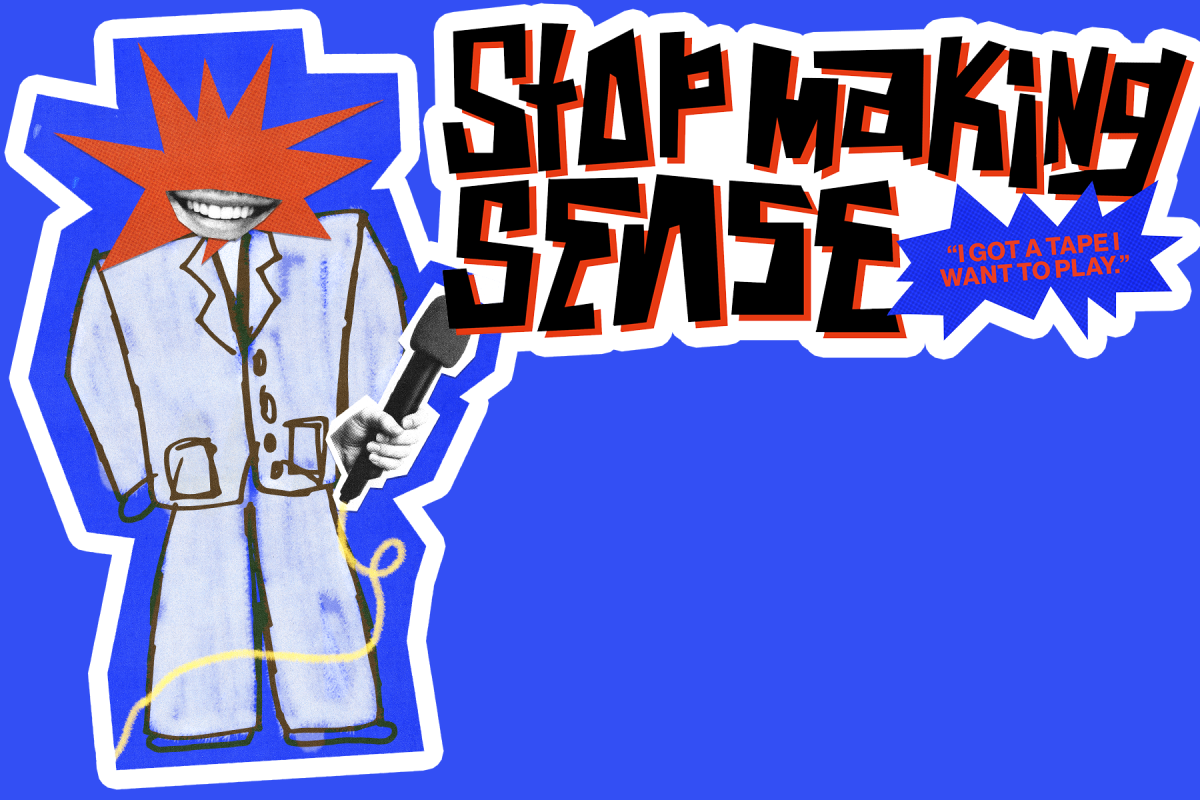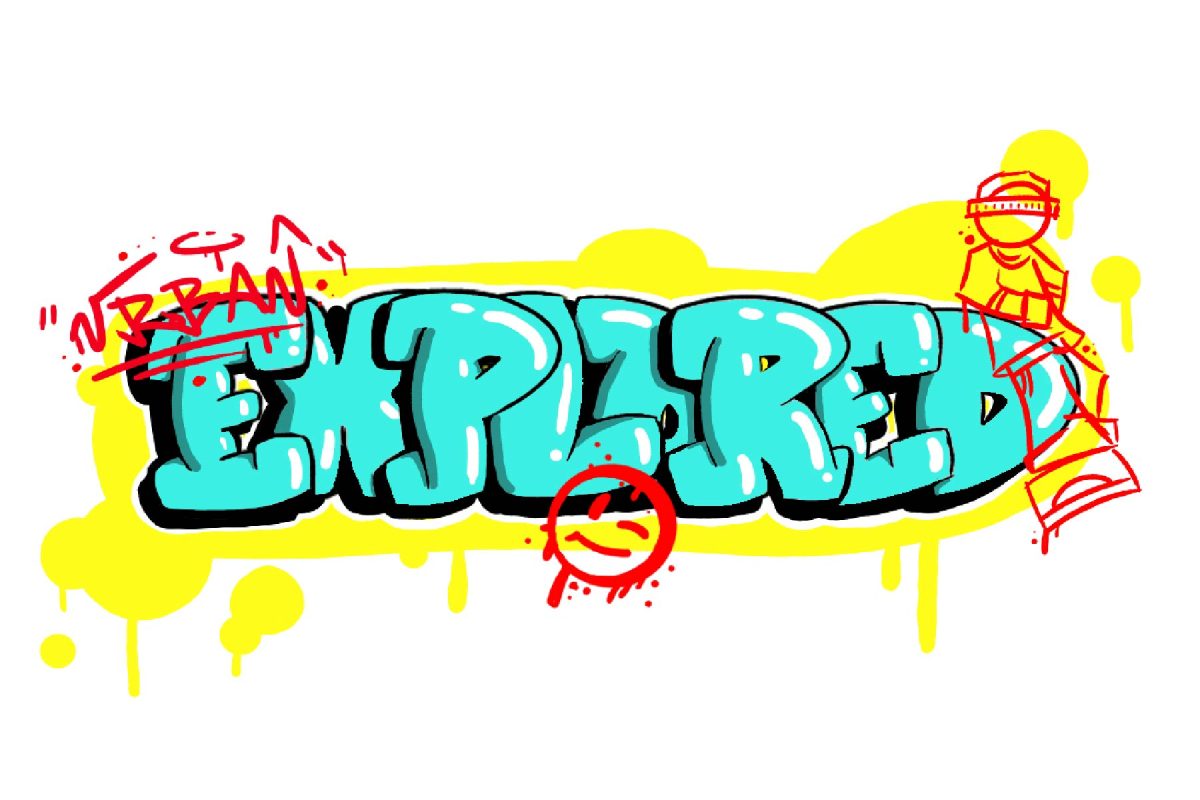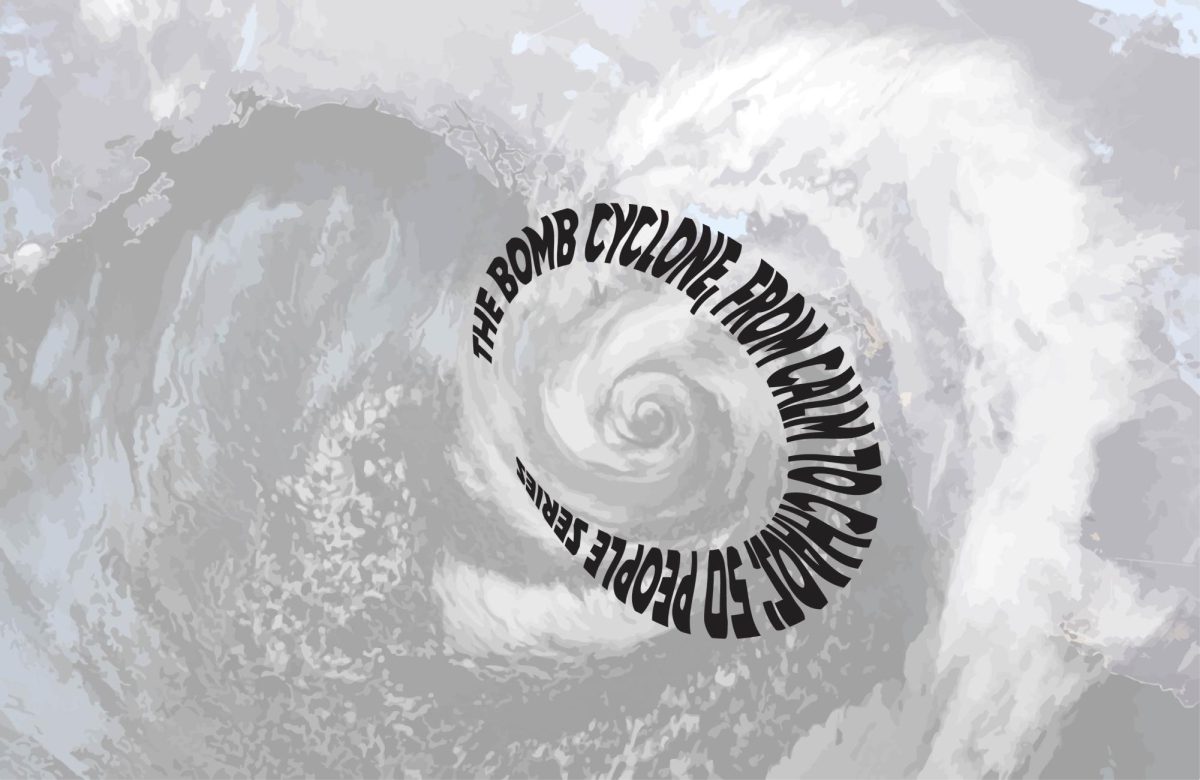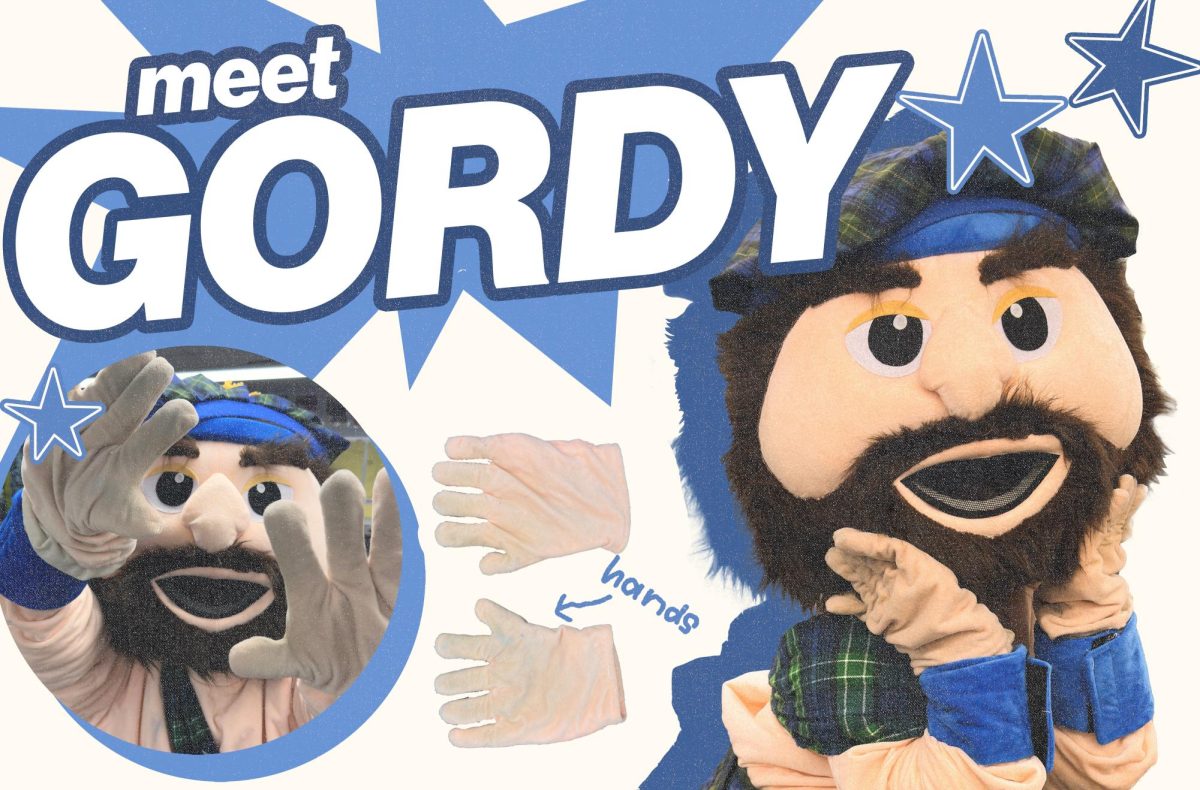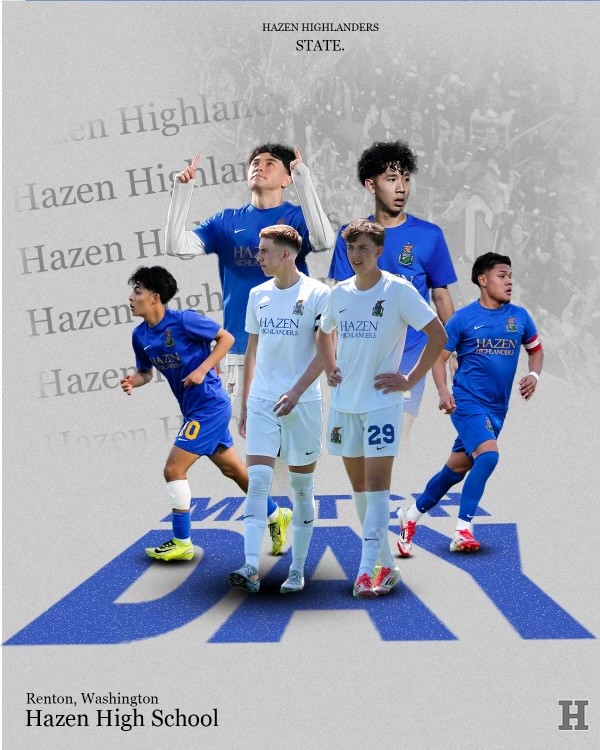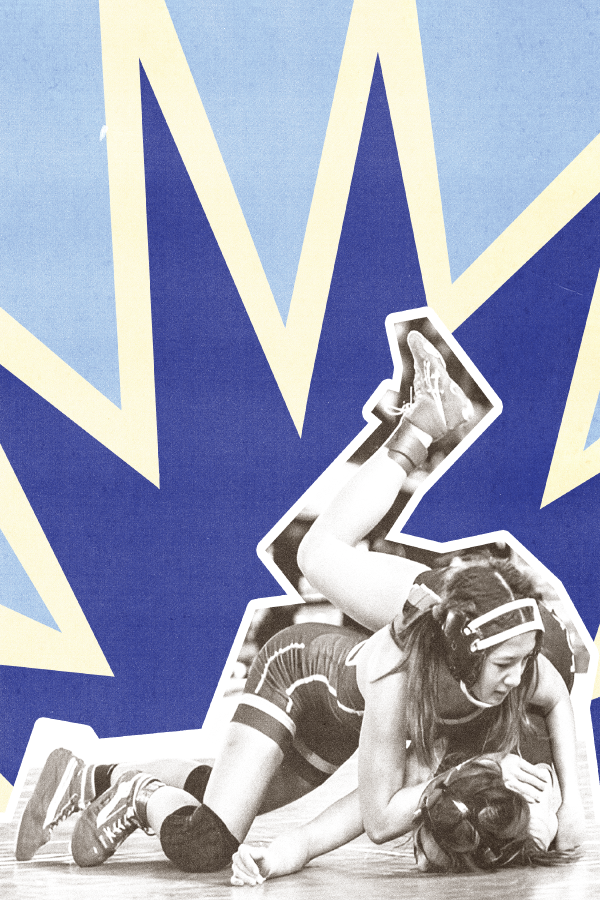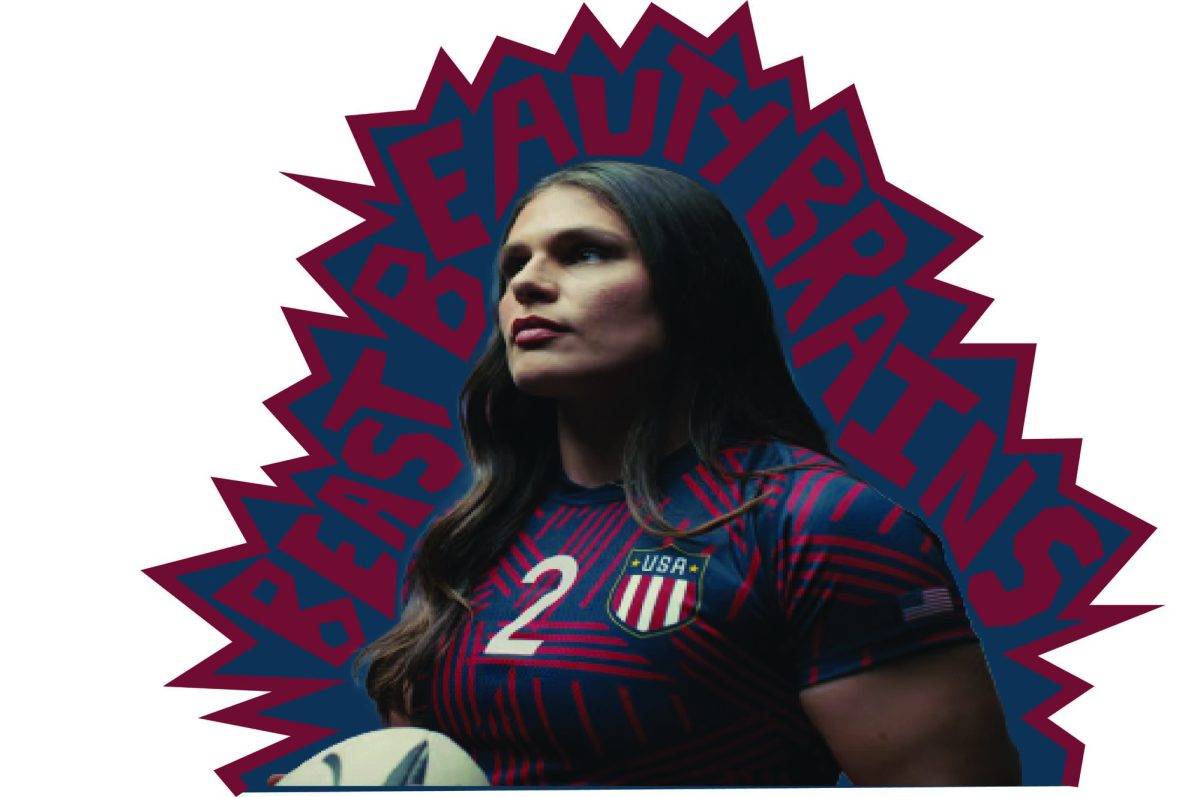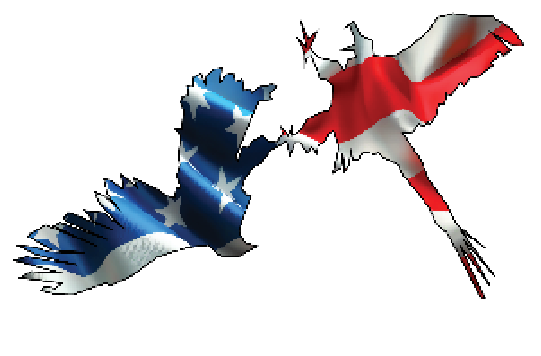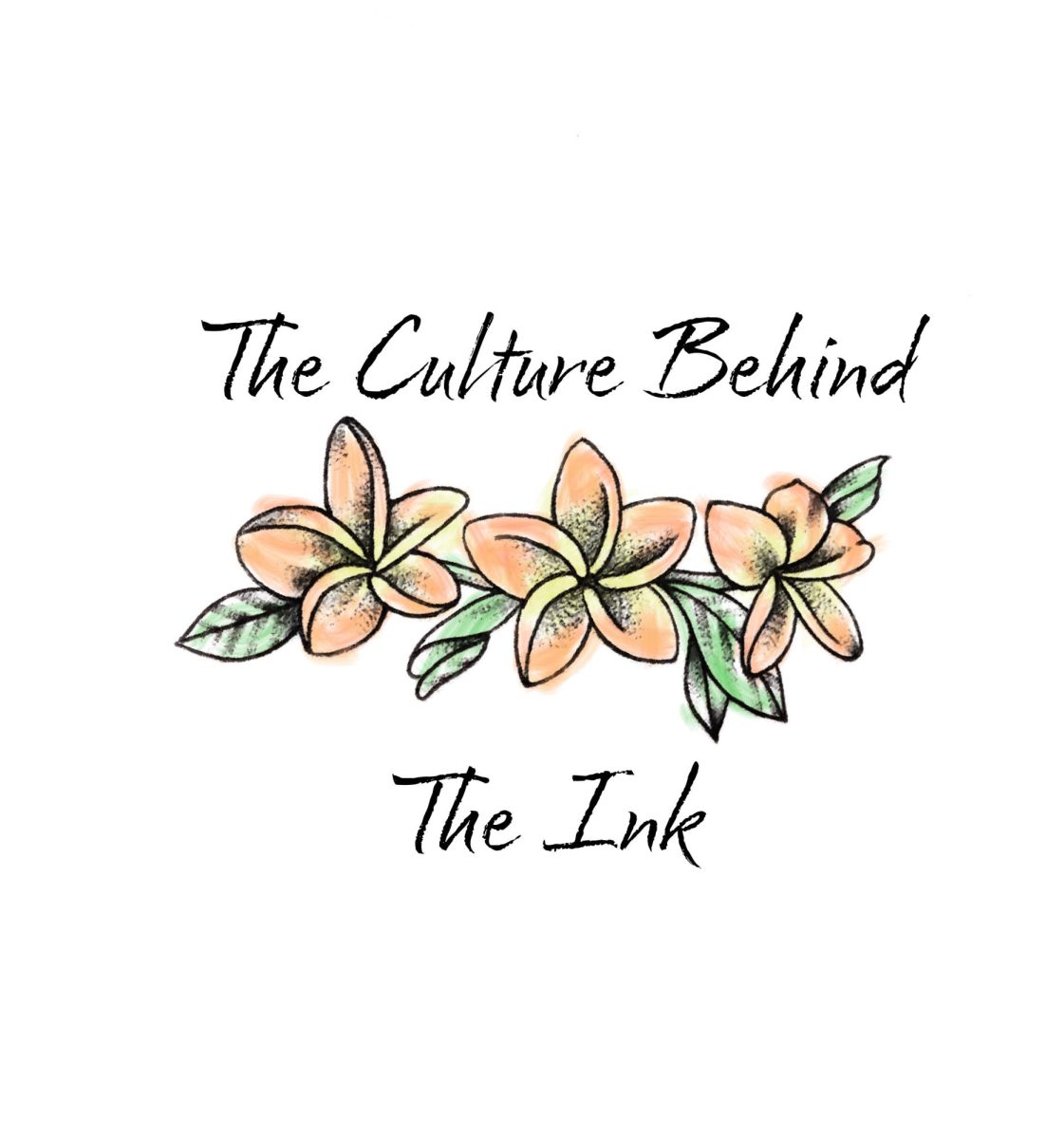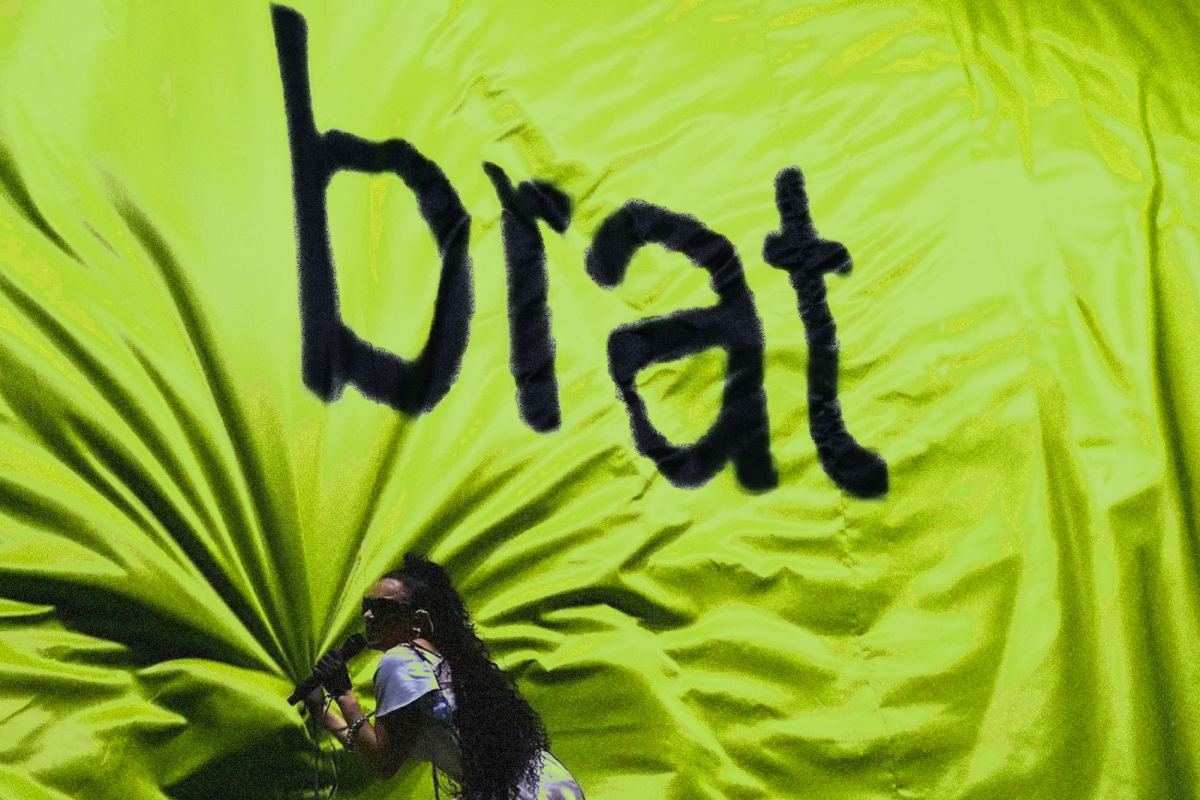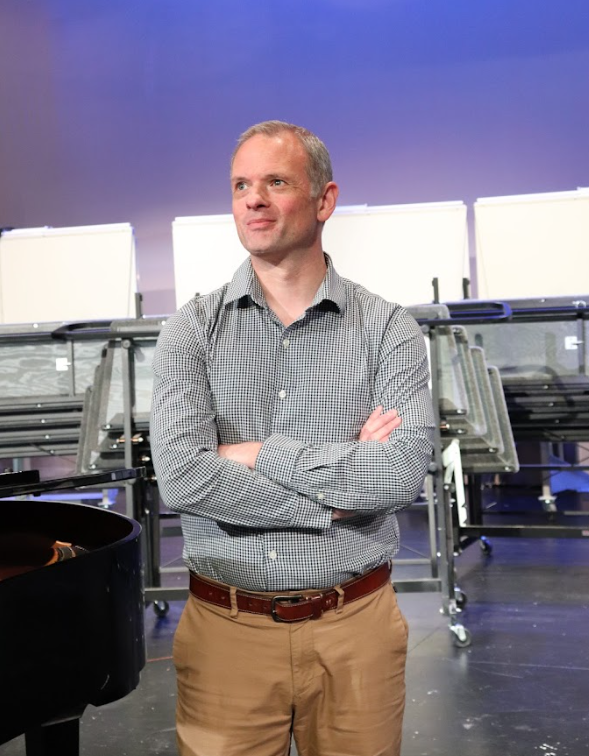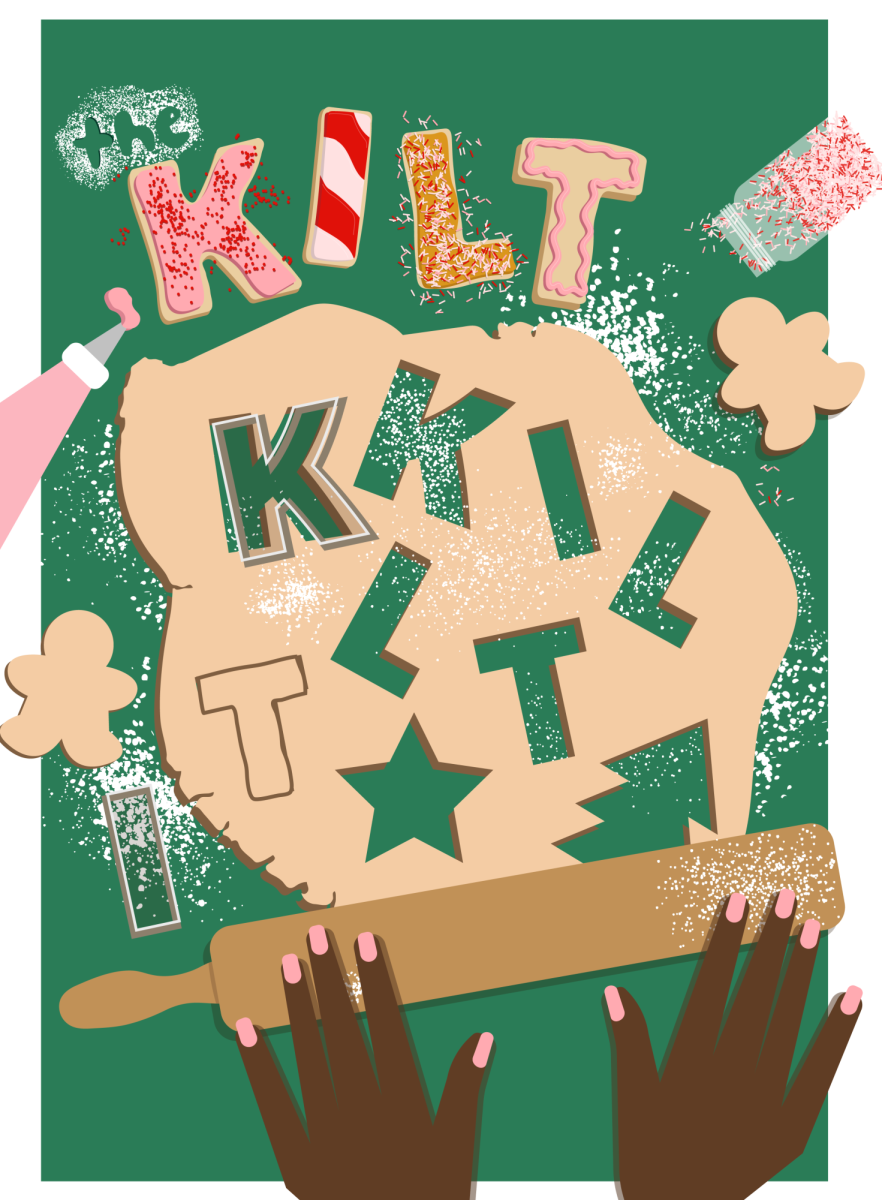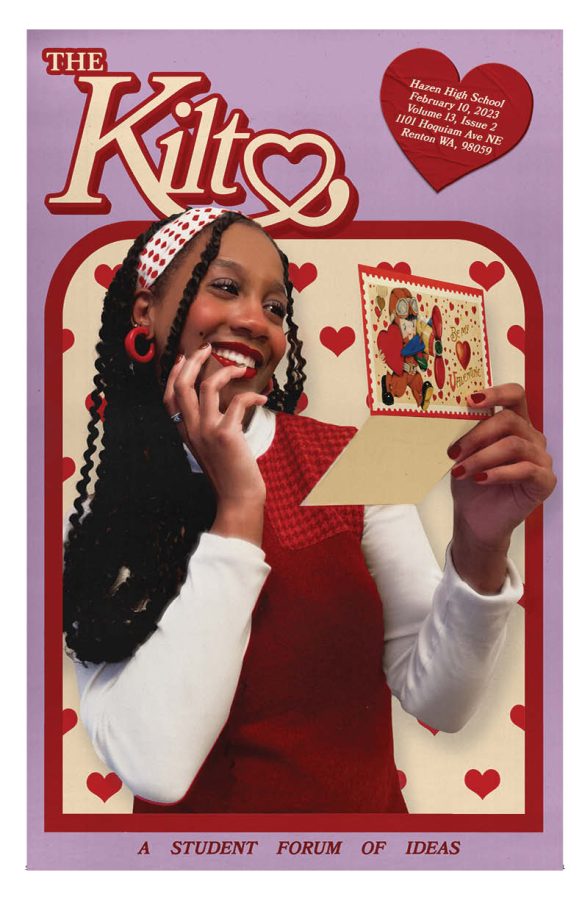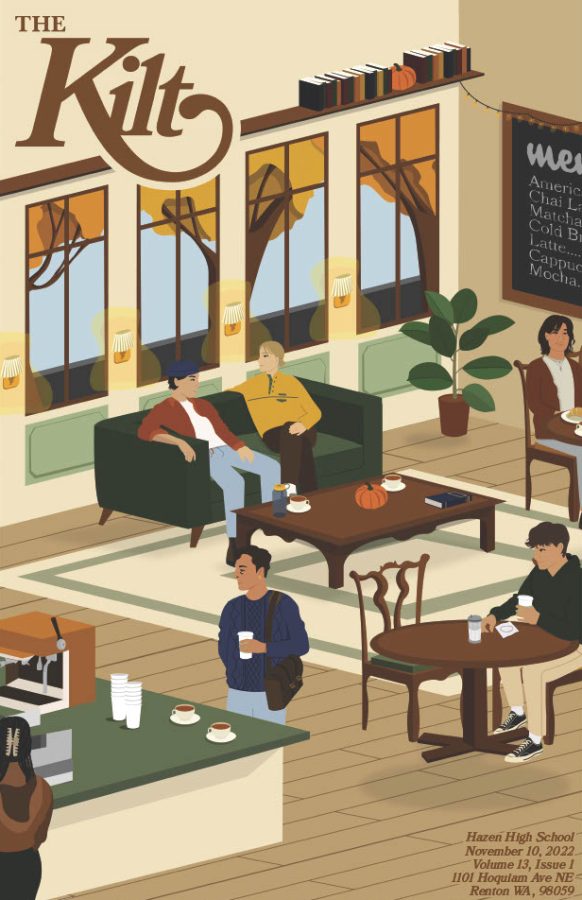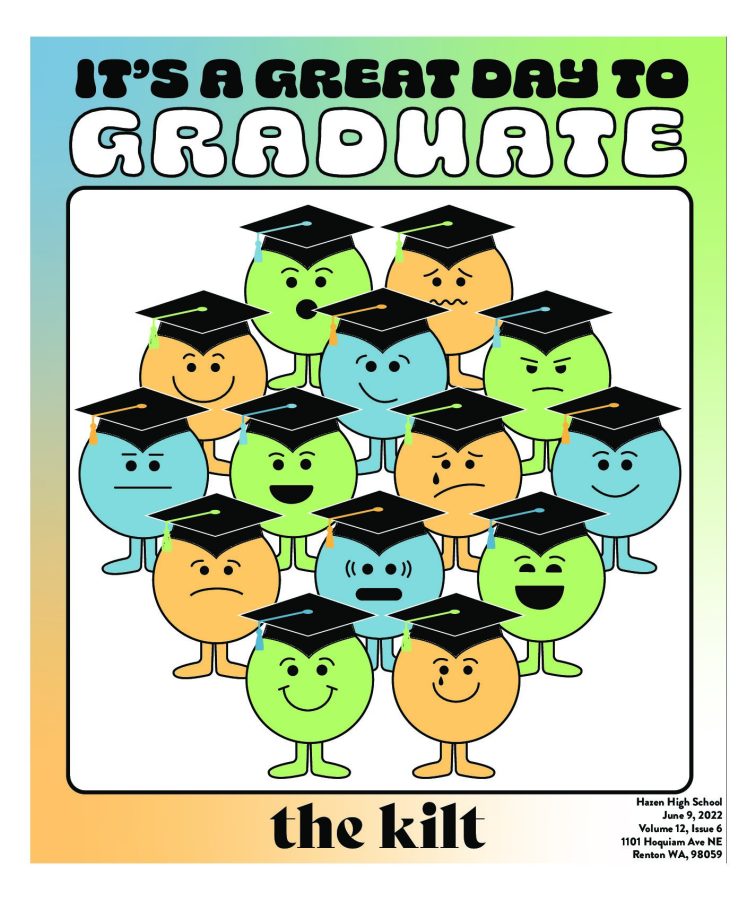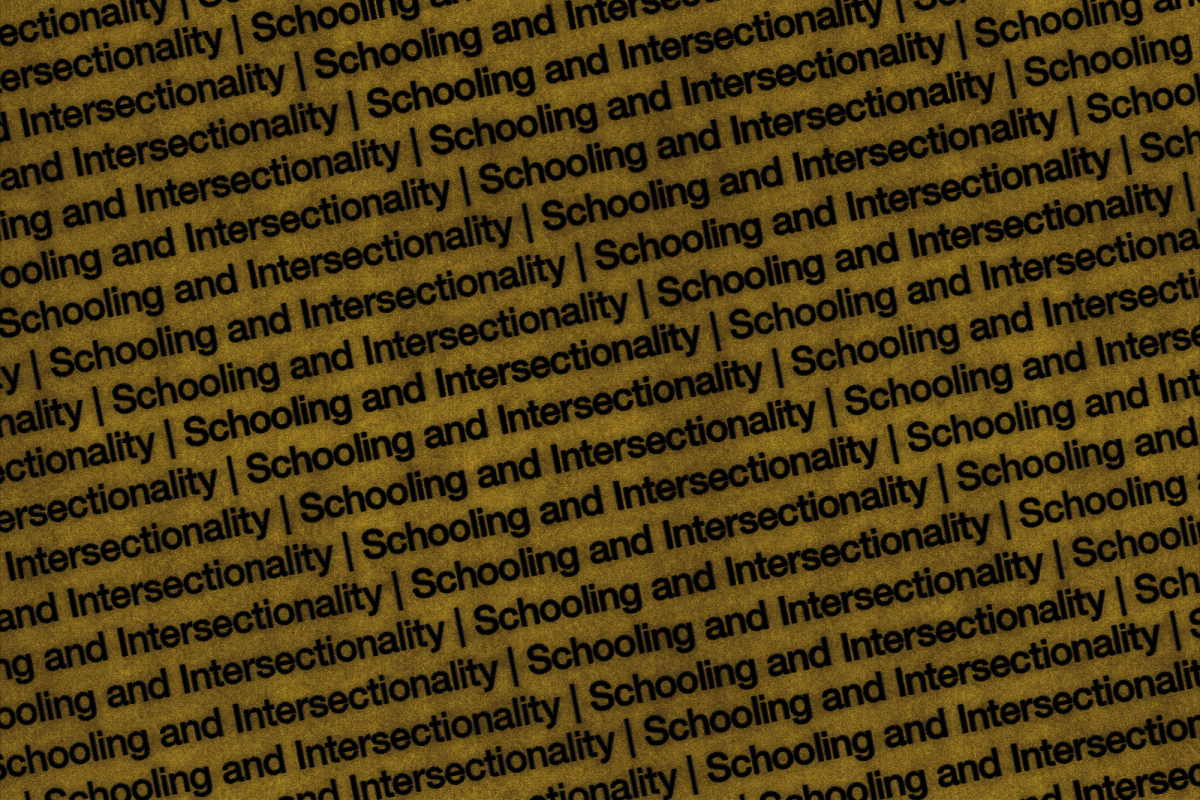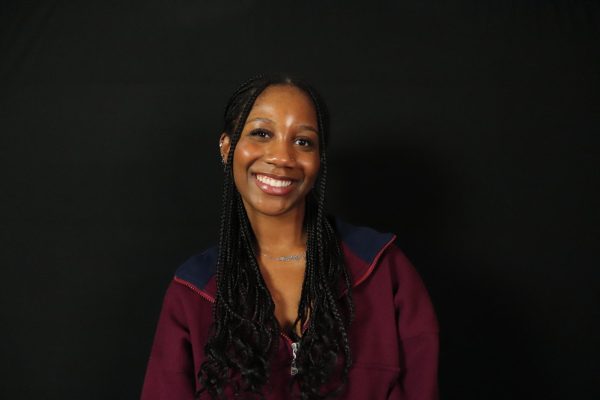It is well known that civilians of our society do not live in an environment of unity. With several movements towards racials and gender equality occuring for decades. We have seen communities suffer from being treated like they are inferior, which is a common side effect that comes from the negligence of understanding intersectionality. Acknowledging and understanding the subject matter of intersectionality has been considered a very important topic for years in our society. The term intersectionality was created by American Civil Rights Activist and author Kimberle Crenshaw.
In Crenshaw’s book, “On Intersectionality: Essential Writings,” the summary of the term and study explains an overlap among social identities within one’s life that incorporates discrimination.
Reflecting on the general operation of our society, intersectionality plays a major role in inequality and racism toward people of color and certain genders. Intersectionality creates sub-divisions of discrimination, even from those of the same gender or racial background. Looking deeper into the environments of where intersectionality takes place, K-12 schools, community colleges, and four-year universities are reoccurring social settings.
I will be evaluating the history and current status of intersectionalities understanding within society as well as the unfair treatment towards students of color and students of the LGBTQ+ community and their experiences with intersectionality and corrupt school systems. There are many well known systems of higher education that are not taking proper consideration of the matter of intersectional discrimination occurring towards their students.
Matters of intersectionality cannot continue to be put off. Dozens of political figures and policy makers refuse to face this matter, causing a rapid deterioration of quality in our country’s system of education. Schools and colleges must take this situation into recognition for the sake and sanity of their students.
There is an immense lack of acknowledgement on working toward creating a system of equality towards children, specifically children of color. The book Intersectionality and Difference in Childhood and Youth: Global Perspectives by Nadia Von Benzon recognizes how children can be treated differently due to their marital status in their families. She says, “Children’s wellbeing is affected in diverse ways. It explores how marital status of the parents is perceived in the neighbourhood’s cultural and social context and how the child experiences repercussions of the familial status, which indirectly determines the child’s well being.” Children are being treated differently because of how their lives operate, but at the end of the day they, are all children. Proving that the intersections of a child’s social class can determine their treatment from society and even risk their safety.
At a higher education level, college students experience racial and gender discrimination constantly. With the large percentage of diversity within universities and community colleges, intersectionality is ingrained in these communities. University of Michigan faculty director Carson Byrd explains the matters of assumptions towards black students in college and their treatment by class peers due to social class. The book states, “Students of color are overwhelmingly assumed to come from low-income backgrounds, and white students to possess class privilege.” The assumptions made from individuals are often due to knowledge gained by the media impacts the perception of society. Many students of diverse backgrounds suffer from mistreatment in a system built to prepare them for the future, which leads into the assumption that their entire life will consist of judgment and stereotyping for the rest of their lives.
Although there are constant actions of collegial systems ignoring the matters of intersectionality, some have made efforts to create a system of progress. In the book “Enacting Intersectionality in Student Affairs” by author and social justice consultant Charmaine L. Wijeyesinghe explains how multicultural centers located within colleges around the country work to create unity and accept all students regardless of their intersecting identities. A piece in the article states, “MCC’s have been considered safe havens or home bases for students on predominantly White campuses who are historically marginalized communities.” Allowing students to be able to seek unity from a community that often beats down the minority creates a sustainable process for the safety of students of color.
Reflection of the discrimination and unfair treatment will not instantly make a change to the operation of our society. Instead working to find resolutions and safe spaces for our youth and young adult communities will help protect their futures. Intersectionality combined with discrimination is clearly laid out among systems of education within our country that it has become a subject rarely acknowledged, in a way of second nature. This can create a lack of self confidence early in an individual’s life that can be carried on into their futures in society.
Discrimination is never the same for everyone, which is the root of explaining intersectionality. Acknowledging that certain family, gender, race, and age status differentiates for everyone in society, and for many schools can be the only place for one to express themselves. So, school systems, whether K-12 or community and 4 year colleges, refuse recognition of a student due to their societal label, leading students to never know who they are for themselves. Instead they are discriminated against, excluded, and forced to feel as if they will never be truly recognized.






